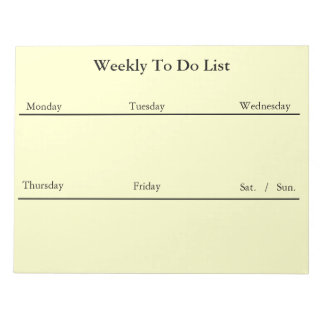No matter what type of business you run, having a “mentor” to help guide you can increase your odds of success. Having a wise, loyal advisor – especially one who’s “been-there, done-that” – is like money in the bank.
No matter what type of business you run, having a “mentor” to help guide you can increase your odds of success. Having a wise, loyal advisor – especially one who’s “been-there, done-that” – is like money in the bank.
Mentors can’t make decisions for you. That’s your job. But their expertise can be invaluable as a sounding board or reality check. Mentors aren’t in it for the money. Generally they work with business owners for free, for the satisfaction of helping out.
So how do you find such a person? Here are some places and organizations that help match mentors with business owners or startup entrepreneurs:
- SCORE (www.score.org) is probably the best-known organization providing free (and confidential) mentoring to small business owners via its national network of some 13,000 retired business executives, leaders and volunteers. SCORE’s volunteer mentors share their expertise through both in-person and online counseling (via email).
- Small Business Development Centers (SBDCs) are another great source of free or low-cost help and advice for current and would-be business owners of all types in all locations. There are over 1,200 SBDC locations nationwide. For help locating one, visit www.asbdc-us.org.
- Women’s Business Centers (WBCs) offer business training, counseling and other resources to help women start and grow successful businesses. To find your nearest WBC check the Office of Women’s Business Ownership at www.sba.gov.
- Minority Business Development Centers, part of the U.S. Department of Commerce, offer free help to minority-owned businesses through about 40 centers nationwide. Visit the Minority Business Development Agency at www.mbda.gov.
- Trade or Professional Associations: Many trade and professional associations operate mentoring programs for business owners just starting out. Some offer formal one-on-one mentoring sessions as well as group networking opportunities. Check associations in your industry.
- Mentors for Government Contracting: If your business plans to sell to the federal government, the General Services Administration (GSA) offers a Mentor/Protégé Program designed to encourage prime contractors to help small businesses be more successful in government contracting and enhance their ability to perform successfully on government contracts and subcontracts. You’ll find it at GSA.gov.
- Your Own Network: Who do you know? Is there a previous boss who was very inspiring to you or a friend who is a business owner? Ask that person to be your mentor or share his or her successes and struggles. You have nothing to lose. Just be prepared to share with them why you chose them in particular, your goals and what you are looking for from them. The best way to connect these days is LinkedIn. Make sure you’re on it!
- Be organized, prepared and consistent. No one wants to waste their time if you aren’t serious about success.
- Plan your mentoring sessions in advance. These could be as simple as having a one-on-one consultation or lunch meeting once a month to discuss where you are against your business goals, how best to tackle business obstacles, getting advice on business processes or regulatory requirements that you don’t understand, and so on.
- Casual one-on-one sessions are good, but also have more structured sessions that address different aspects of starting, running, managing and growing your business. A good starting point is for you to prepare a detailed agenda of items to discuss at each meeting.
- Take notes, take change of your “action items” and review progress against these in your next session.
- Be respectful of your mentor’s time. Use their insight and apply as you best see fit. It’s still your business.











No comments:
Post a Comment